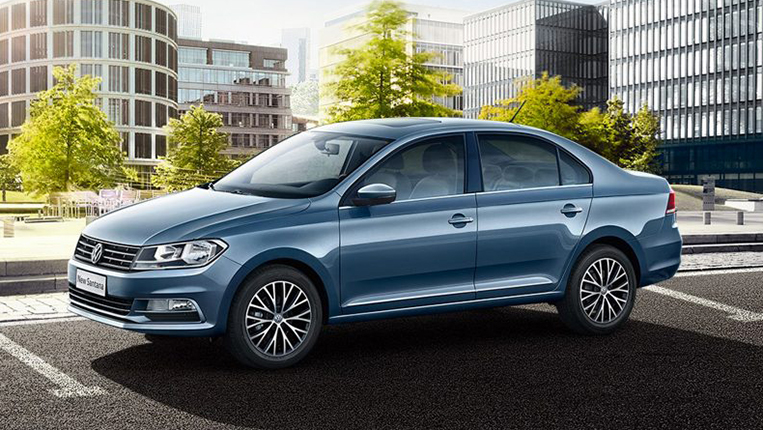
Last week, Volkswagen Philippines rocked the local automotive industry when it launched five (yes, FIVE) models in one day: the Lamando, the Lavida, the Santana, the Santana GTS and the Tiguan. All five are manufactured in and imported from China, prompting critics to ridicule the move, saying the cars are not really German but Chinese—and hence of shoddy quality.
From where we sit, though, the negativity mostly stems from everyone’s collective bias against Chinese-made products. And who can blame us? Our experience with Chinese automakers—perhaps with the notable exception of BYD and Foton—has been disappointing at best and horrendous at worst. So we tend to immediately dismiss any wheeled object that comes from the People’s Republic of China.
But, as people have repeatedly pointed out, even the iPhone or the MacBook you’re now using to read this article is made in China. And if you want to knock the Germans for wanting to sell cars assembled in that country, why not do the same to the Japanese for supplying us with vehicles put together in Thailand, Indonesia and India?
You want to know why Volkswagen has now opened the floodgates for its Chinese-made products? Simple: They’re much cheaper and thus more affordable for Filipino consumers. According to Volkswagen Philippines marketing director Franz Decloedt, China-sourced cars are taxed with just 5% import duties thanks to the ASEAN-China Free Trade Agreements. This compares favorably well with the 30% tax the VW distributor used to pay for vehicles imported from Mexico (Jetta and Golf GTS) and India (Polo).
“This allowed us to provide the Filipino people with better access to quality German-engineered automobiles,” Decloedt told VISOR.
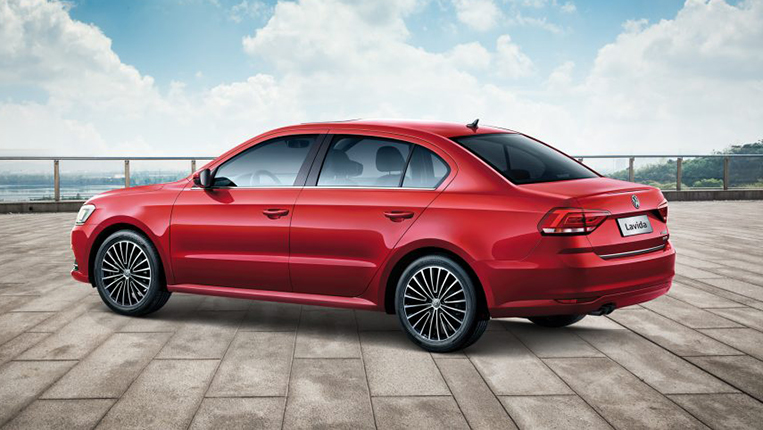
Speaking of the Jetta, the Golf GTS and the Polo, Decloedt pointed out that these will still be available locally until existing stocks are exhausted. “For now, the focus will be on the newly launched models,” the executive said. “However, we’ll continue to sell the Golf GTS, the Jetta and the Polo while we still have inventory. If demand is still there for these units, we’ll evaluate the product lineup at that point.”
Decloedt also underscored the term “People’s Car” as being his company’s main motivation for bringing in the latest batch of models from China. The only way a vehicle can be truly called a car for the people is if its pricing is legitimately within the reach of the average buyer—as is now the case with the P686,000 Santana subcompact sedan.
So relax. Volkswagen isn’t out to put one over on us. Sure, it’s business and they cheat during emission tests do stuff for profit, but not to the point where they’ll shortchange their customers by selling them inexpensive but low-quality cars. That’s like deliberately shooting yourself in the foot.
At the rate things are going, it looks like this is only the beginning. You can expect more Chinese-made cars from other brands entering our market in the coming years. It’s just global economics. Bet on it.

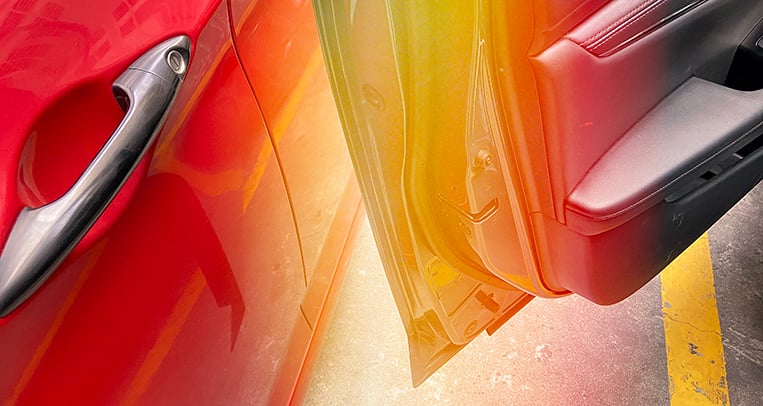
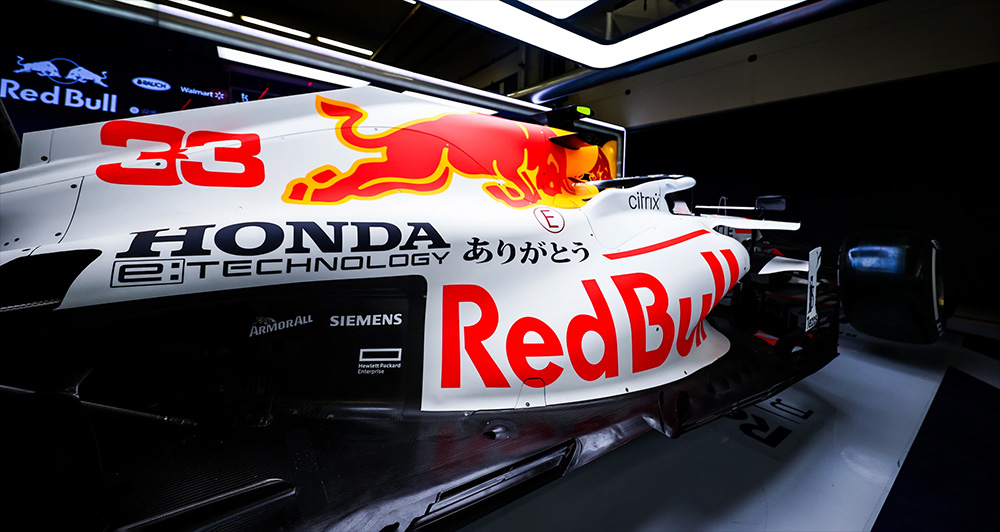
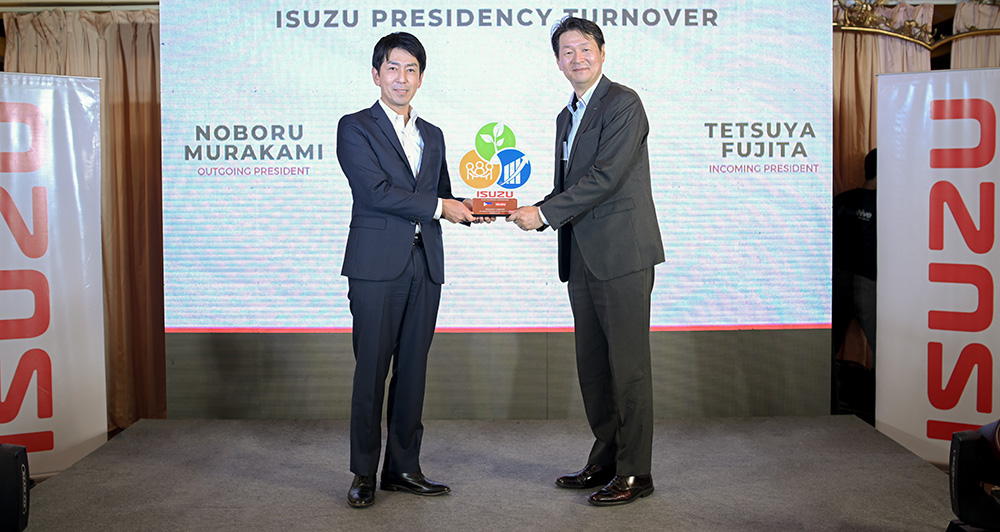
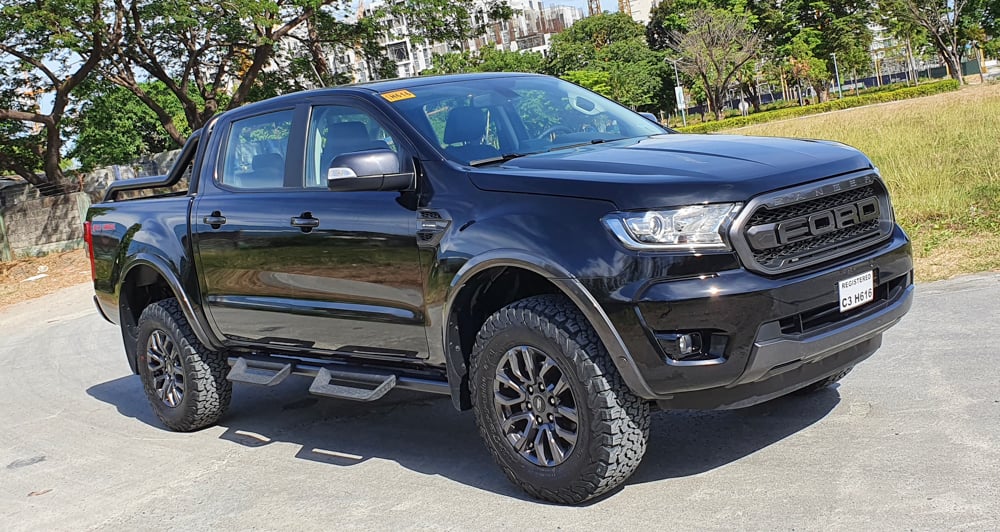
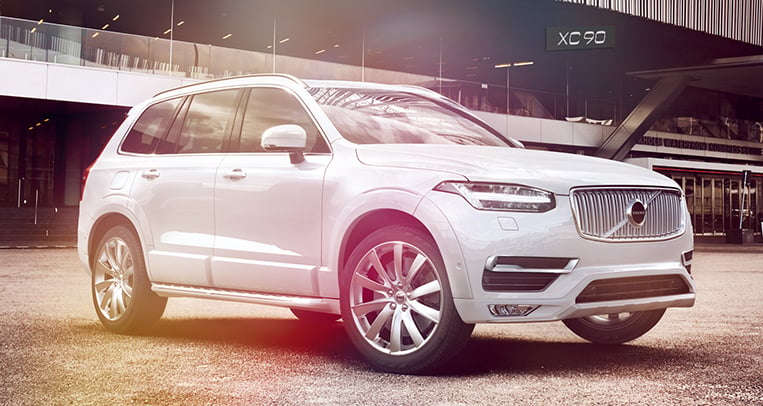
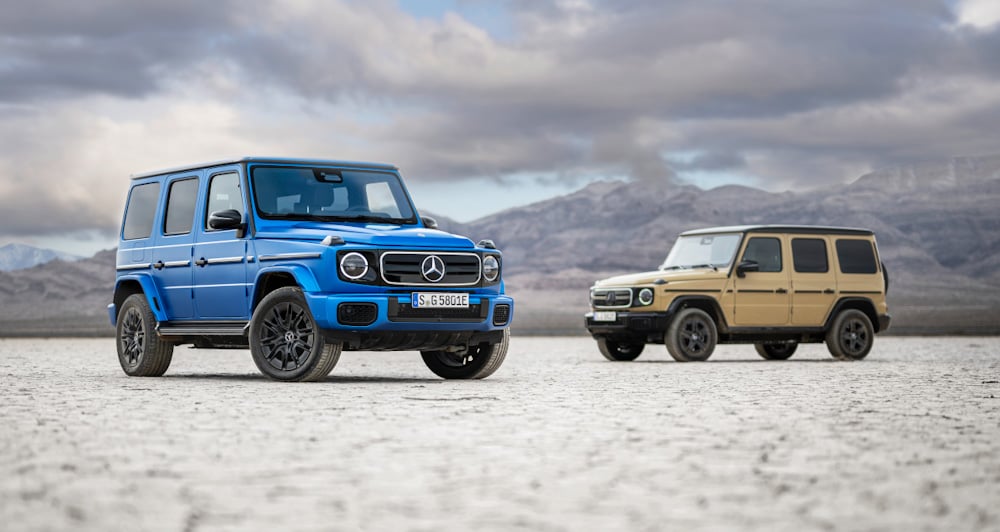
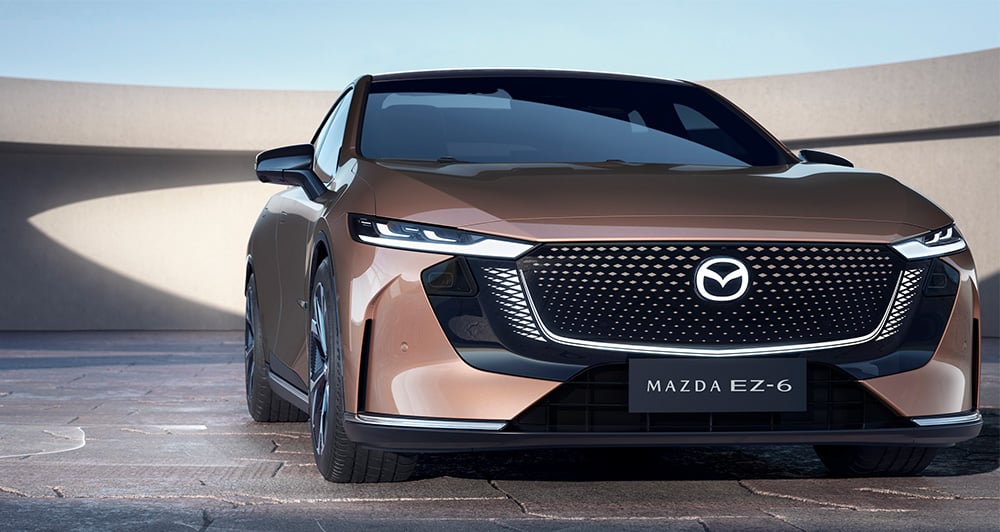
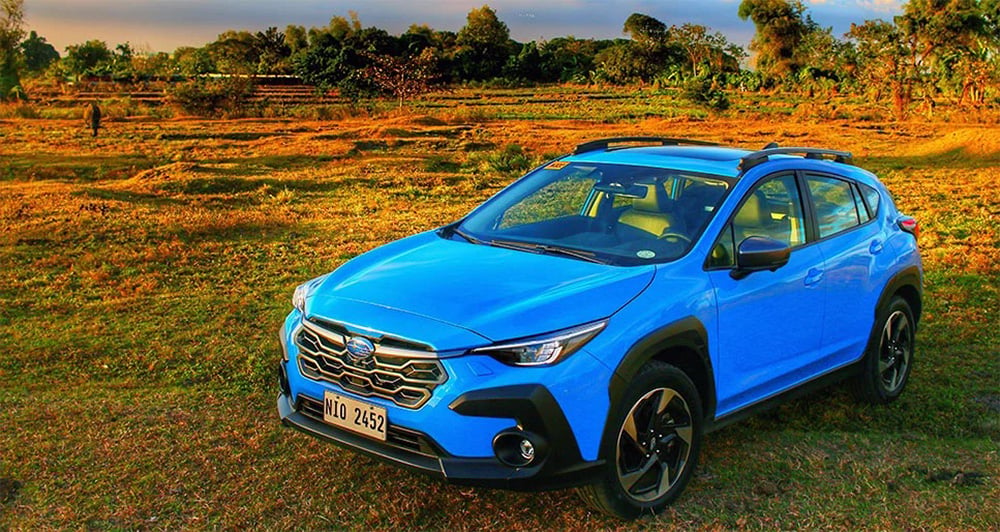
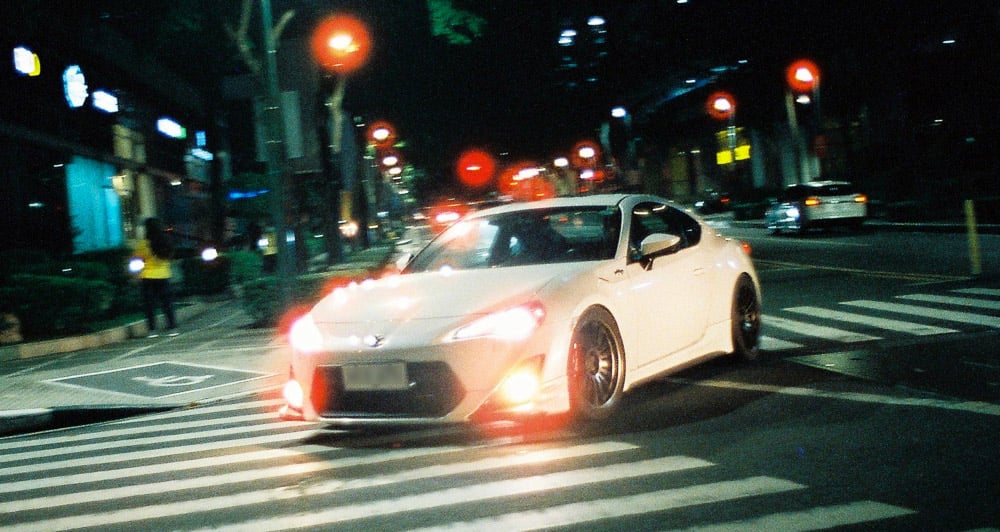
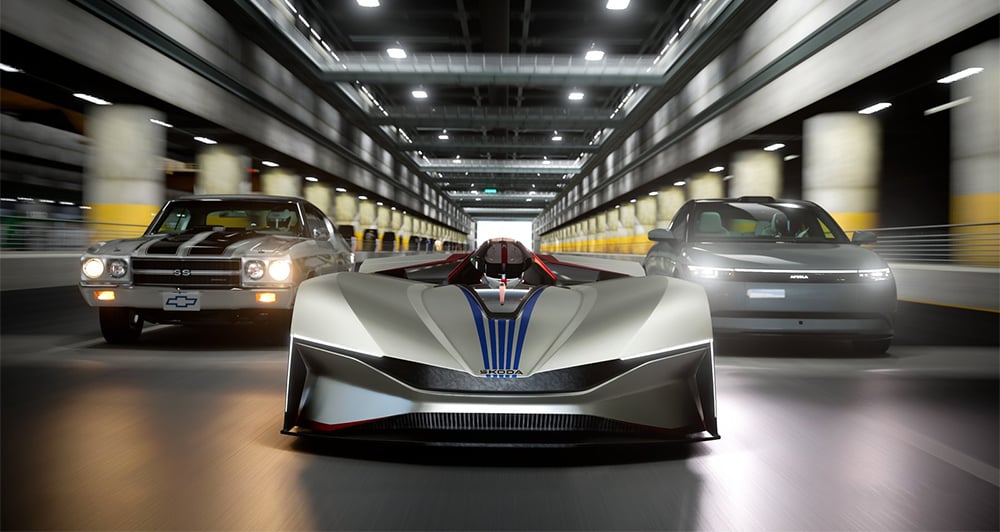
Comments